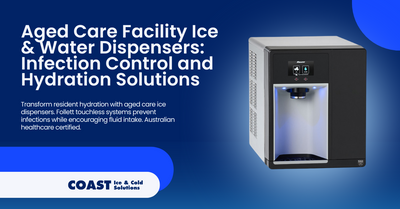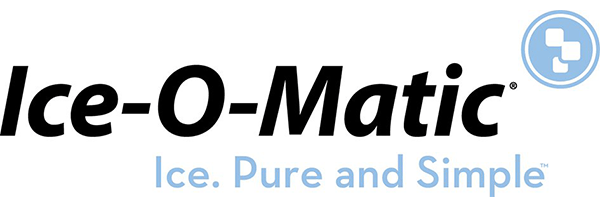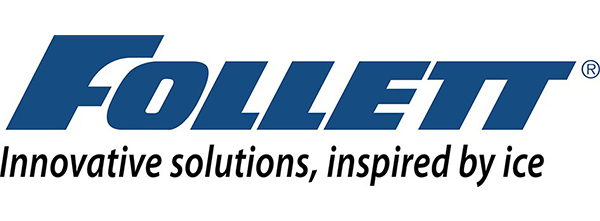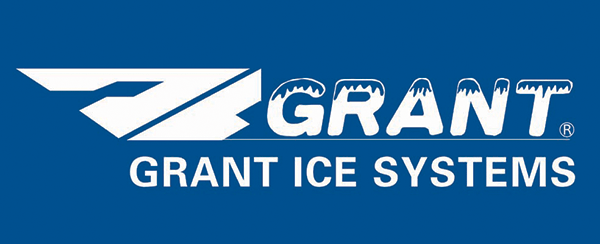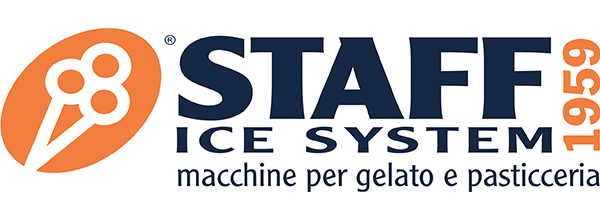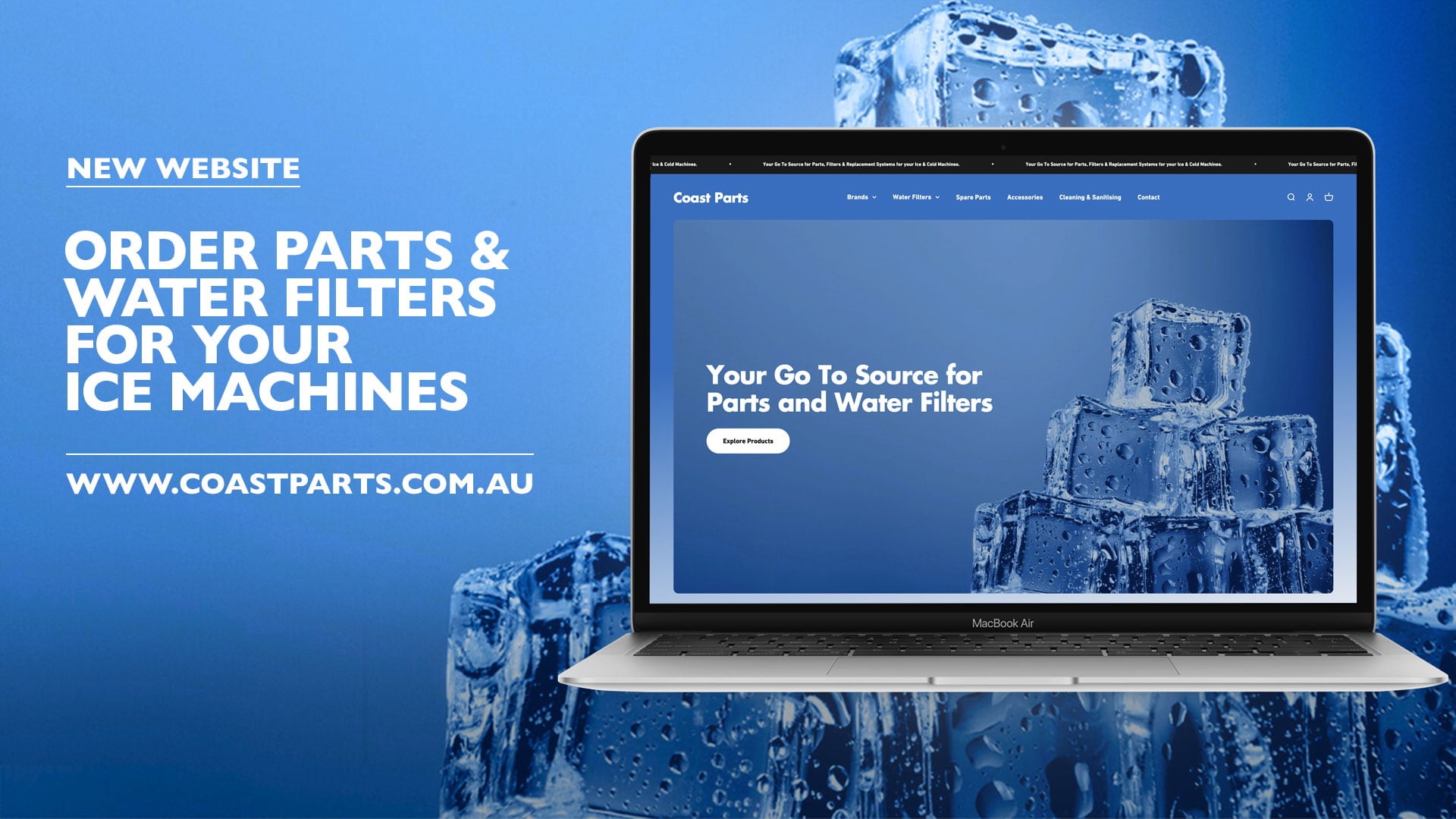Aged Care Facility Ice & Water Dispensers: Infection Control and Hydration Solutions
The Coast Team on 19th Jun 2025
Walk into any aged care facility during medication rounds and you'll likely spot the same scene: nurses crushing tablets, mixing them with thickened fluids, and desperately trying to encourage residents to drink enough water. It's a daily battle that every aged care professional knows too well. What many don't realise is how much the right ice dispensing system can transform both hydration outcomes and infection control protocols.
The recent Royal Commission into Aged Care Quality and Safety highlighted numerous systemic issues, but one finding stood out: basic care needs like hydration often go unmet. When nearly 40% of aged care residents experience chronic dehydration, contributing to falls, UTIs, and cognitive decline, it's clear that traditional approaches aren't working. Modern ice dispensers designed specifically for healthcare environments offer practical solutions that address these challenges head-on.
The Hidden Hydration Crisis in Australian Aged Care
Let's start with an uncomfortable truth: getting elderly residents to drink enough water is tough. Really tough. Age diminishes thirst sensation—by the time an 85-year-old feels thirsty, they're already significantly dehydrated. Add dementia to the mix, and you've got residents who forget they haven't drunk anything for hours or refuse fluids because they don't recognise the need.
Physical limitations compound the problem. Arthritis makes it difficult to hold cups. Tremors lead to spills. Mobility restrictions mean residents can't fetch their own drinks. Some fear incontinence and deliberately limit fluid intake. Others struggle with dysphagia and need carefully thickened fluids at specific temperatures.
The consequences ripple through every aspect of care. Dehydrated residents experience more UTIs, leading to antibiotics resistance and hospitalisations. Confusion increases, triggering behaviour management issues. Constipation worsens, requiring medical interventions. Skin integrity suffers, increasing pressure injury risk. Falls multiply as blood pressure drops and dizziness increases.
Here's what changes the game: research consistently shows that elderly people drink significantly more when beverages are properly chilled. Not just cool—properly cold with quality ice. One study found fluid intake increased by 40% when residents had access to their preferred beverage temperature. That's the difference between meeting hydration targets and falling dangerously short.
Why Traditional Ice Handling is a Ticking Time Bomb
Picture the traditional ice scenario: a staff member opens a freezer, scoops ice with a plastic jug that's been sitting on the counter, carries it to resident rooms, and portions it out by hand. Every step introduces contamination risks that would horrify an infection control specialist.
The Aged Care Quality and Safety Commission doesn't mess around with infection prevention standards. They require robust systems that address all contamination vectors—and ice has been implicated in numerous facility outbreaks. We're talking about Norovirus spreading through entire wings, Legionella colonising ice machines, and bacterial contamination causing widespread gastroenteritis.
COVID-19 drove home what infection control specialists have preached for years: hand hygiene isn't enough when your processes involve multiple touch points. That communal ice scoop? It's handled by dozens of staff members daily. The ice bin lid? Touched every time someone needs ice. The serving utensils? Often stored improperly between uses.
Modern infection control demands better. It requires systems that eliminate hand contact, reduce aerosol generation, provide antimicrobial protection, and enable proper cleaning protocols. Half-measures don't cut it when resident lives are at stake.
Game-Changing Dispenser Technology
This is where the Follett 7 & 15 Series Ice & Water Dispensers revolutionise aged care hydration. These aren't repurposed restaurant machines—they're purpose-built healthcare solutions addressing specific aged care challenges.
The touchless operation changes everything. Infrared sensors detect cups placed in the dispensing area, eliminating hand contact entirely. Staff simply position the container and let the machine do its work. No scooping, no touching, no contamination pathways.
But the real magic lies in Agion antimicrobial protection embedded in all ice-contact surfaces. This isn't a coating that wears off—it's integrated into the materials themselves, providing lifetime protection against bacterial growth. The silver-based compound remains active 24/7, adding defence layers between cleaning cycles.
For larger facilities, the Follett Symphony Plus Ice & Water Dispensers scale up capacity without sacrificing safety. Producing up to 176kg daily while storing 5.4kg for immediate use, these units ensure ice availability during peak periods like medication rounds and meal services. The Maestro ice maker technology cuts power consumption by 30% and saves up to 100,000 litres of water annually—sustainability that matters to modern facilities.
Why Chewblet Ice is Perfect for Elderly Residents
Not all ice is created equal, especially in aged care settings. Traditional cube ice poses real risks: choking hazards for residents with swallowing difficulties, dental damage for those with fragile teeth, difficulty handling for arthritic hands, and rapid melting that dilutes thickened fluids.
Follett's exclusive Chewblet ice solves these problems brilliantly. The soft, compressed nuggets measure about 2.54cm—large enough to handle easily but small enough for safety. The texture allows residents to chew it comfortably (many actually enjoy it as a snack), while the porous structure absorbs beverage flavours, making drinks more appealing.
Clinical observations in Australian aged care facilities reveal fascinating patterns. Residents who previously refused water often accept it with Chewblet ice. The sensory experience—the satisfying crunch, the flavour absorption, the longer-lasting cold—encourages continued consumption. Staff report medication compliance improves when crushed tablets are mixed with Chewblet ice and flavoured beverages.
For residents requiring thickened fluids, Chewblet ice maintains consistency better than cubes. It blends smoothly without diluting carefully measured thickening agents. The slow-melt properties mean drinks stay at the right consistency longer, reducing waste and remake requirements.
Critical Filtration for Vulnerable Populations
Water quality in aged care demands the highest standards. Elderly immune systems can't fight off pathogens that younger people might resist. The Coast CD500 filter system provides certified pathogen block protection specifically designed for Follett 12 series dispensers.
This isn't basic carbon filtration. We're talking about multi-stage protection that removes bacteria and parasites, including Cryptosporidium and Giardia. Chlorine taste and odour that discourage consumption gets eliminated. Sediment particles that harbour biofilms are filtered out. Meanwhile, beneficial minerals that support health pass through.
Filter replacement schedules matter enormously. Coast recommends quarterly changes for standard facilities, but high-use areas might need bi-monthly replacement. The beauty of modern systems lies in their monitoring capabilities—alerts notify staff before protection lapses, eliminating guesswork.
For facilities with particularly challenging water, pre-filtration stages protect the primary filters while addressing specific issues. Scale inhibitors prevent mineral buildup that creates bacterial breeding grounds. Taste and odour filters ensure water appeals to sensitive palates. The investment in proper filtration pays dividends through reduced equipment maintenance and improved resident acceptance.
Strategic Placement for Maximum Impact
Where you put dispensers matters as much as which ones you choose. High-traffic areas need different solutions than nursing stations. Memory care units require special consideration for confused residents. Rehabilitation areas need accessibility for mobility aid users.
Dining rooms benefit from high-capacity units that handle meal service rushes. The Follett 15 Series, with its increased storage capacity, prevents running out during peak times. Position these where residents can see staff using them—visual cues encourage requests for drinks.
Nursing stations need efficiency above all. The compact Follett 7 Series countertop models fit tight spaces while providing instant access for medication preparation. Quick dispensing speeds matter when you're crushing medications for thirty residents.
Memory care units present unique challenges. Residents might not understand how to operate dispensers or could become fixated on the equipment. Here, staff-controlled units work best, positioned where they're accessible to carers but not confusing for residents. Clear, simple signage helps capable residents maintain independence.
Common areas and activity rooms encourage social hydration. Residents often drink more in group settings, making these locations ideal for accessible dispensers. Just ensure pathways remain clear for walkers and wheelchairs—accessibility compliance isn't optional.
Building Bulletproof Operational Protocols
The best equipment fails without proper procedures. Successful aged care facilities develop comprehensive protocols covering daily operations, cleaning requirements, emergency procedures, and staff responsibilities.
Daily tasks keep systems running smoothly: morning ice quality checks ensure overnight production met standards. Exterior wipe-downs with approved disinfectants happen multiple times per shift. Drip trays get emptied and cleaned to prevent overflow and bacterial growth. Simple visual inspections catch developing issues early.
Weekly deep cleaning goes further. Follett's designs allow thorough sanitisation in under an hour—crucial for maintaining schedules. Staff remove and sanitise removable parts, clean dispensing areas with approved solutions, check and clean air filters, and verify water filter status.
Documentation isn't bureaucracy—it's protection. Cleaning logs prove compliance during inspections. Temperature records demonstrate food safety adherence. Incident reports identify patterns requiring attention. Digital monitoring systems in advanced models automate much of this, reducing paperwork while improving accuracy.
Medication Management Made Safer
Crushed medication administration represents a critical touchpoint where ice quality directly impacts clinical outcomes. Many residents can't swallow tablets whole, requiring medications to be crushed and mixed with ice or cold thickened fluids. Cross-contamination risks multiply when ice isn't properly handled.
The Follett Horizon Elite Series Ice Makers offer versatility for medication preparation areas. Standard Chewblet ice works for most applications, while Micro Chewblet (about 0.95cm) provides finer consistency when needed. The ability to switch between ice types from a single machine streamlines medication areas.
Temperature stability matters for medication efficacy. Some drugs degrade rapidly at room temperature, making immediate ice access crucial. On-demand dispensing eliminates the pre-scooping that exposes ice to contamination while ensuring medications stay within required temperature ranges.
Infection control in medication areas demands the highest standards. Dedicated dispensers prevent cross-contamination between medication prep and general use. Touchless operation means nurses don't contaminate gloves between residents. Antimicrobial surfaces provide additional protection during busy medication rounds.
The Business Case: ROI That Makes Sense
Financial officers appreciate hard numbers, and modern ice dispensers deliver measurable returns. Start with infection prevention—a single Norovirus outbreak costs facilities upwards of $50,000 in direct expenses, not counting reputation damage and potential sanctions. Prevented outbreaks pay for equipment many times over.
Operational savings accumulate quickly. The Follett Maestro Plus technology saves approximately $2,400 annually in utilities compared to traditional cube makers. Reduced maintenance requirements save labour hours and service calls. Longer equipment lifespan means lower amortised capital costs. Water conservation matters in drought-prone Australia, where usage charges continue rising.
But the real value shows in care outcomes. Improved hydration reduces UTI rates, decreasing antibiotic costs and hospitalisations. Better medication compliance improves health outcomes and reduces adverse events. Enhanced resident satisfaction scores support marketing and occupancy rates. Positive family feedback builds reputation and referrals.
Consider staffing benefits too. Automated dispensing frees nursing time for direct care. Reduced infection outbreaks mean less sick leave usage. Ergonomic designs prevent workplace injuries. Simplified cleaning protocols improve compliance and morale.
Future-Proofing Your Hydration Infrastructure
Technology continues advancing, bringing new capabilities to aged care hydration. IoT connectivity enables remote monitoring and predictive maintenance. Artificial intelligence identifies usage patterns and optimises production. Integration with facility management systems streamlines operations. Automated sanitisation cycles reduce manual cleaning requirements.
Modular designs protect investments as needs change. Start with basic units and add capacity as resident numbers grow. Upgrade filtration systems as water quality regulations tighten. Integrate new dispensing points without replacing core equipment. This flexibility matters in an industry facing constant change.
Sustainability features gain importance as facilities pursue environmental certifications. Energy-efficient compressors reduce carbon footprints. Water reclamation systems address scarcity concerns. Recyclable components support circular economy initiatives. Natural refrigerants eliminate ozone-depleting substances.
Planning for future challenges means choosing systems ready for whatever comes next. Enhanced sanitisation capabilities for new pathogens. Connectivity for remote management during lockdowns. Flexibility for changing care models. Reliability for whatever tomorrow brings.
Your Partner in Aged Care Excellence
For aged care facilities evaluating hydration solutions, the question isn't whether to upgrade to dispensed ice—it's which configuration best suits resident needs. The Symphony Plus Series suits high-volume facilities needing maximum capacity. The 7 Series works perfectly for satellite stations and smaller units. The 15 Series bridges the gap with extra storage for medium-sized facilities.
Our team at Coast Distributors has helped configure systems for aged care facilities ranging from small residential homes to major metropolitan centres across Australia. We understand the unique demands of aged care environments and the critical importance of reliable hydration systems.
Ready to revolutionise resident hydration in your facility?
Contact Coast Distributors to discuss which Follett dispenser configuration suits your aged care needs:
- View the Symphony Plus Series specifications
- View the 7 Series specifications
- Explore our complete range of 7 & 15 Series ice and water dispensers
- Speak with our expert team by filling out our contact form
- Need a service for your machine: fill out our service request form
- Need water filters or spare parts? Browse our water filters & parts inventory
Don't let outdated ice systems compromise resident hydration or infection control. Join the growing number of Australian aged care facilities already benefiting from Follett's dispensed Chewblet ice technology.
Coast Distributors is Australia's exclusive Follett distributor, providing healthcare-grade ice solutions nationwide. With 24-hour service support and extensive healthcare experience, we ensure your hydration systems support optimal resident care. Visit coastdistributors.com.au to learn more.

